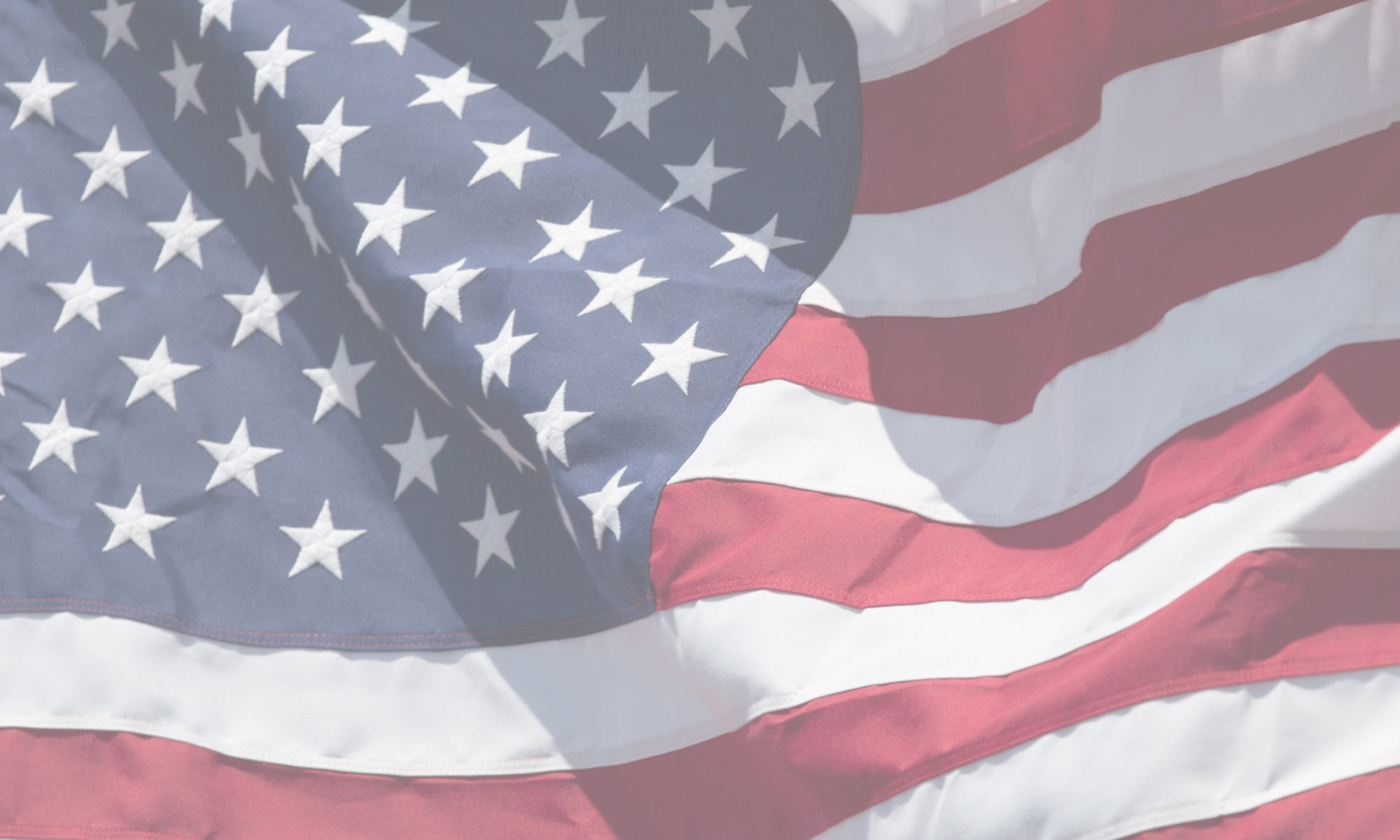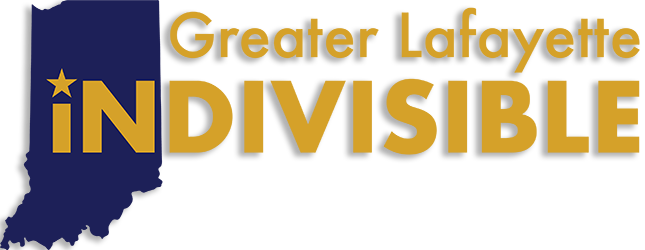More evidence that getting out the vote – registering voters and getting them to the polls – makes a huge difference:
‘In Illinois’ 6th Congressional District, 62,990 people voted Democratic last week for seven candidates, up from just 8,615 in the 2014 primary.’ That is a 631%% increase over four years ago!
The Indiana General Assembly will most likely be called for a special session in May, costing taxpayers as much as $30,000 per day:
There are quite a few questions being raised about this such as:
Is this really a special session for special interests? Last minute addenda to three different tax bills – hundreds of pages of proposed statutes – that benefit powerful corporate interests are part of why some legislators want to come back and pass those bills. Democrats are wondering why a GOP supermajority couldn’t get bills, some of which had bi-partisan support, passed during the regular session. How will the fact of knowing they have lost their re-nomination bid affect the decision making of lawmakers so affected?
https://www.indystar.com/story/news/politics/2018/03/25/special-session-special-interests/447208002/
and
“[This] White House has assembled the most preponderantly male team since the Reagan administration:
This gender skew shows up at all levels of the government, which means not only are women underrepresented in senior ranks, but the appointees and aides at lower levels are also overwhelmingly male – and those are the people gaining experience that will make the attractive to the next Republican administration in power. This, obviously, perpetuates the lack of women with input and making policy.
https://www.theatlantic.com/politics/archive/2018/03/the-very-male-trump-administration/556568/
This effect may, however, be dampened by the surge of women getting involved as candidates at the state and local levels:
In Indiana there are 75 women running for a seat in the General Assembly on May 8th, which is twice as many as ran four years ago!
If you missed the debate among GOP candidates for Todd Rokita’s soon-to-be-vacated seat, you can catch up with it here:
https://www.purdueexponent.org/city_state/article_3c0026d8-f3d1-507d-8c01-9fe74dce69f3.html

